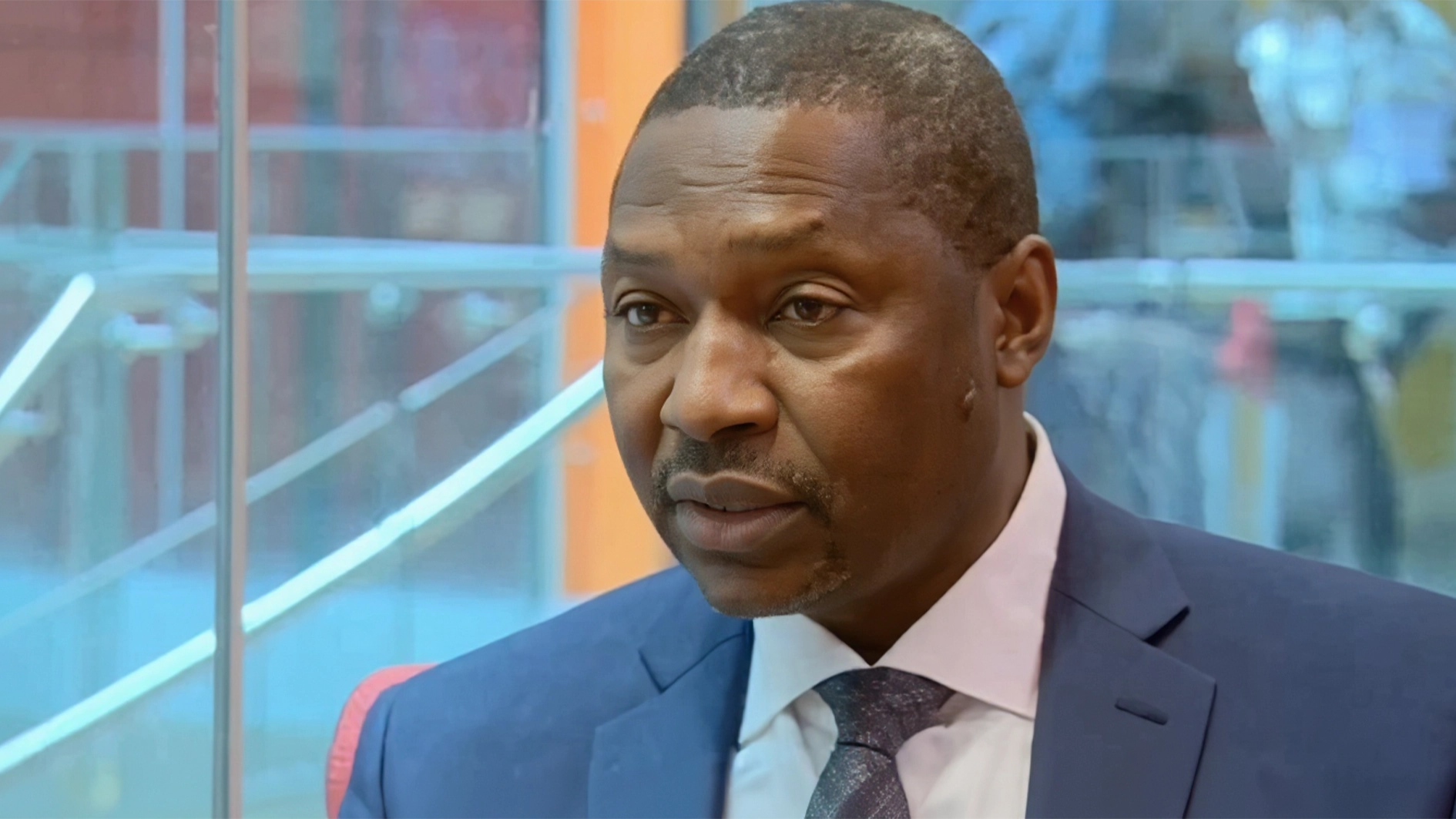President Bola Tinubu has urged African countries to embrace innovative strategies to tackle the continent’s irrigation and water management crisis.
Represented by the Secretary to the Government of the Federation, Senator George Akume, Tinubu made this call on Monday while declaring open the 6th African Regional Conference on Irrigation and Drainage, currently holding in Abuja.
He stressed the importance of the conference’s theme, “Tackling Irrigation Development and Water Management Crisis in Africa,” describing it as a clarion call to action for sustainable agriculture and economic resilience.
“Africa is still facing significant challenges in harnessing its irrigation potential due to inadequate infrastructure, financial constraints, climate change, and governance issues,” Tinubu said.
“This conference provides a platform for us to collectively chart a way forward.”
Highlighting Nigeria’s agricultural capacity, the President noted that the country boasts over 3.1 million hectares of irrigable land across major river basins such as the Niger and Benue.
He added that under his Renewed Hope Agenda, his administration has declared a National Emergency on Food Security, which includes scaling up irrigation infrastructure and participatory water resource management.
In his address, the Minister of Water Resources and Sanitation, Prof. Joseph Utsev, noted that the Federal Government has completed and is implementing several landmark initiatives under the Transforming Irrigation Management in Nigeria (TRIMING) project.
Utsev said the next Sustainable Power and Irrigation for Nigeria (SPIN) project will address critical gaps identified during the TRIMING project while optimising the socio-economic value of stored water to support sustainable agriculture and food security.
He said, “With the rounding up of the TRIMING project, Nigeria is about to commence the implementation of its successor project referred to as the Sustainable Power and Irrigation for Nigeria (SPIN), in collaboration with the World Bank. This initiative will build on TRIMING’s success and help us close the gaps.”
According to him the TRIMING project, which ran for over seven years, delivered significant achievements, including the completion of the Dadin-Kowa and Bakolori irrigation schemes, a 90 per cent progress level on the Middle Rima Valley irrigation project, and ongoing irrigation interventions in Ondo, Kwara, Benue, Kebbi, Edo, Adamawa, and Oyo states.
He said other milestones include establishing Water Users Associations (WUAs), farmer management centres, and facilitating market linkages for key agricultural value chains such as rice and tomato.
The minister further disclosed that the River Basin Development Authorities (RBDAs) have developed over 153,000 hectares of irrigable land, and are currently undergoing partial commercialization to attract private sector investment.
He also referenced the 2025 Flood Outlook and Risk Management Strategy, which will help minimise the impact of floods on agricultural productivity.
“This conference provides a platform for sharing knowledge, exploring innovation, and strengthening our collective resolve to overcome the pressing challenges of irrigation development and water management in Africa,” he stated.
The Head of the Civil Service of the Federation, Didi Wilson Jack, called for renewed commitment across government levels to secure Nigeria’s food future.
Also in his remarks, a former Permanent Secretary in the Ministry of Water Resources, Ambassador Godknows Igali, who spoke on behalf of a former permanent secretary of the ministry, stressed the urgency of strategic action amid Nigeria’s growing population.
“We must ensure our river basins are properly managed and staffed by professionals. Sub-nationals must also join hands, as they are critical stakeholders in this mission,” he said.
He commended the success of the ongoing conference, noting that past efforts to convene such a gathering during his tenure did not materialise.
Governor Babagana Zulum of Borno State decried the shrinking farming seasons caused by climate change, warning that farmers are increasingly uncertain about when to plant.
“Our once-fertile land is turning to dust. Irrigation is no longer a luxury but a necessity. Innovation must not be seen as a privilege of the few. We must empower our women and youth who are on the frontlines of agriculture,” Zulum urged.
He called on development partners to be more responsive to Africa’s unique challenges, especially those affecting water access and rural farming communities.
President of the International Commission on Irrigation and Drainage (ICID), Dr. Marco Arcieri, praised the conference as timely and essential.
“This may mark a turning point. We celebrate important ideas and have set goals to tackle the challenges before us. We are committed to supporting the continent as it faces a growing population and climate-induced pressures,” Arcieri said.
The African Regional Working Group, led by Engr. Ibrahim Musa, emphasised that the issues addressed at the conference reflect Africa’s unique irrigation development challenges.
He expressed optimism that renewed interactions would lead to innovative approaches and solid outcomes.
The conference continues in Abuja through April 17, with technical sessions, policy dialogues, and site visits across irrigation zones in Nigeria.






